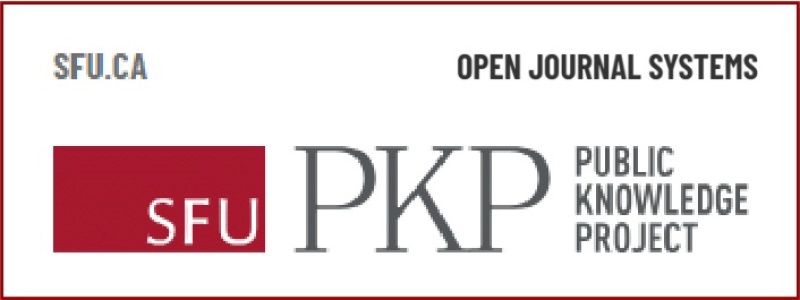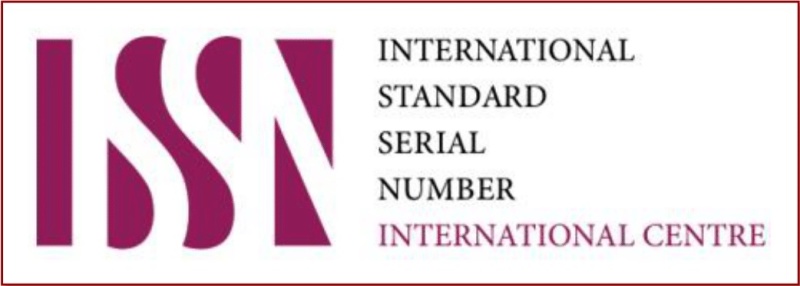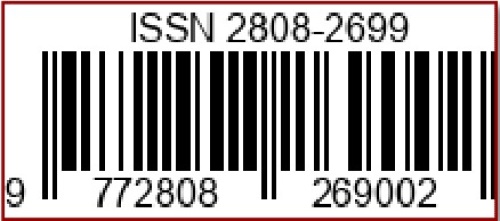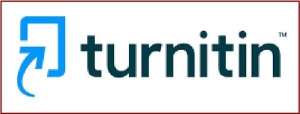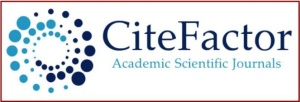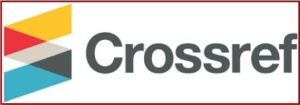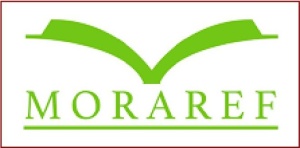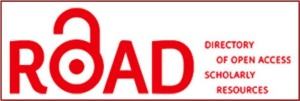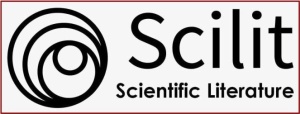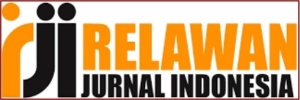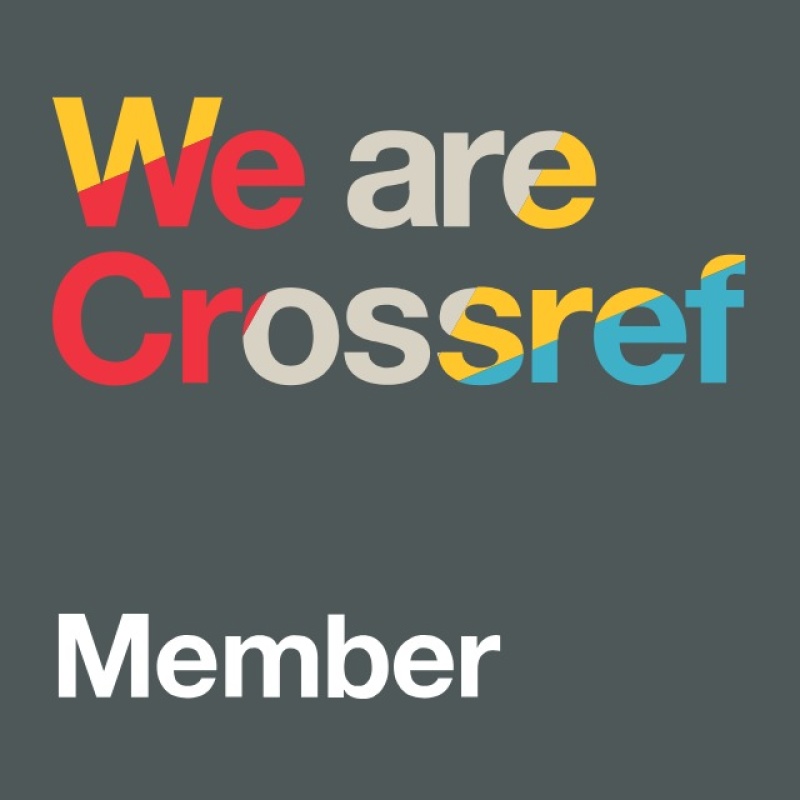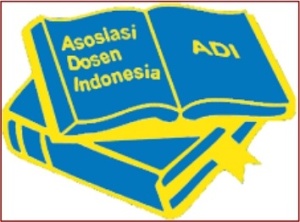Penerapan Asesmen Kinerja untuk Meningkatkan Keterampilan Proses Sains dan Hasil Belajar Kognitif Siswa
DOI:
https://doi.org/10.36312/ejiip.v2i2.85Keywords:
Performance Assessment, Science Process Skills, Cognitive Learning Outcomes.Abstract
The purpose of this study was to find out that the application of performance assessments can improve science process skills and cognitive learning outcomes for grade VII students of SMP Negeri 5 Demak in the 2017/2018 academic year. The subjects of this study were seventh grade students of SMP Negeri 5 Demak. The type of research used is Classroom Action Research (CAR), using two cycles. The technique of collecting data was by observing the implementation of the scientific process and testing cognitive learning outcomes as many as 20 questions. The instruments used in this study were implementation test sheets (RPP), science process skills observation sheets, and student cognitive learning outcomes test sheets. The data on the results of the RPP implementation test in the first cycle was 68% at the first and second meetings in the good category, and in the second cycle it was 100% at the first and second meetings in the very good category. The data on the results of science process skills in the first cycle was 55% with a fairly high category, and 75% in the second cycle was included in the high category. Meanwhile, in the cognitive learning outcomes of students, the average value of the first cycle was 66 with classical completeness achieved by students of 40%, and in the second cycle of 77 with classical completeness achieved by students of 90%. Thus, it can be concluded that the application of performance assessments can improve science process skills and cognitive learning outcomes for grade VII students of SMP Negeri 5 Demak in the 2017/2018 academic year.
Downloads
References
Arikunto, S. (2006). Prosedur Penelitian Suatu Pendekatan Praktek. Jakarta: PT. Rineka Cipta.
______. (2010). Prosedur Penelitian Suatu Pendekatan Praktek. Jakarta: PT. Rineka Cipta.
Hardiyanti, D. (2015). Penerapan Asessment Kinerja untuk Meningkatkan Keterampilan Proses Sains Siswa Kelas VII SMP Negeri 4 Palimanan pada Konsep Pencemaran Lingkungan. Skripsi. Institut Agama Islam Negeri Syekh Nurjati Cirebon.
Hertina, M. (2020). Peran Guru sebagai Fasilitator bagi Siswa Kelas I di SD Negeri 53 Bengkulu Selatan. Skripsi. Universitas Agama Islam Negeri Bengkulu.
Munirah. (2018). Peranan Guru dalam Mengatasi Kesulitan Belajar Siswa. Tarbawi: Jurnal Pendidikan Agama Islam, 3(2), 1-18. https://doi.org/10.26618/jtw.v3i02.1597
Mustopa, A., Jasim., Basri, H., & Barlian, U. C. (2021). Analisis Standar Penilaian Pendidikan. Jurnal Manajemen Pendidikan, 9(1), 1-6. https://doi.org/10.33751/jmp.v9i1.3364
Slameto. (2003). Belajar dan Faktor-faktor yang Mempengaruhinya. Jakarta: PT. Rineka Cipta.
Sutami, E. (2014). Hubungan antara Penilaian Kinerja dan Hasil Belajar pada Konsep Cahaya dengan Metode Eksperimen. Skripsi. Universitas Islam Negeri Syarif Hidayatullah Jakarta.
Trianto. (2008). Mendesain Pembelajaran Kontekstual di Kelas. Surabaya: Cerdas Pustaka.
Undang-undang Nomor 20 Tahun 2003 tentang Sistem Pendidikan Nasional. 2003. Jakarta: Pemerintah Republik Indonesia.
Widodo, A. (2007). Pendidikan IPA di SD. Bandung: UPI Press.
Widodo., & Widayanti, L. (2013). Peningkatan Aktivitas Belajar dan Hasil Belajar Siswa dengan Metode Problem Based Learning pada Siswa Kelas VIIA MTs Negeri Donomulyo Kulon Progo Tahun Pelajaran 2012/2013. Jurnal Fisika Indonesia, 9(17), 1-4. https://doi.org/10.22146/jfi.24410
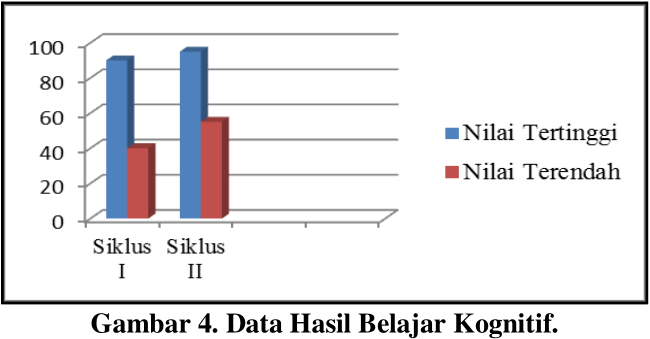
Downloads
Published
How to Cite
Issue
Section
License
Copyright (c) 2022 Lilies Ambarwati

This work is licensed under a Creative Commons Attribution-ShareAlike 4.0 International License.
-
Attribution — You must give appropriate credit, provide a link to the license, and indicate if changes were made. You may do so in any reasonable manner, but not in any way that suggests the licensor endorses you or your use.
-
ShareAlike — If you remix, transform, or build upon the material, you must distribute your contributions under the same license as the original.

